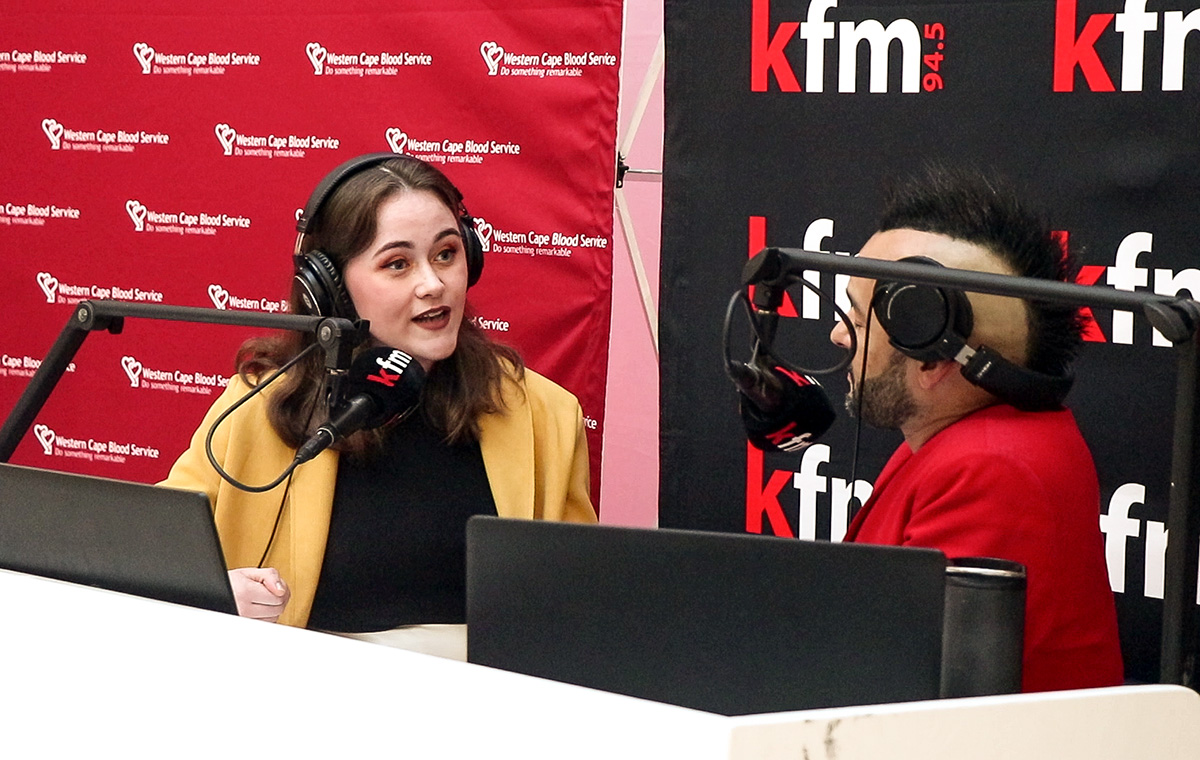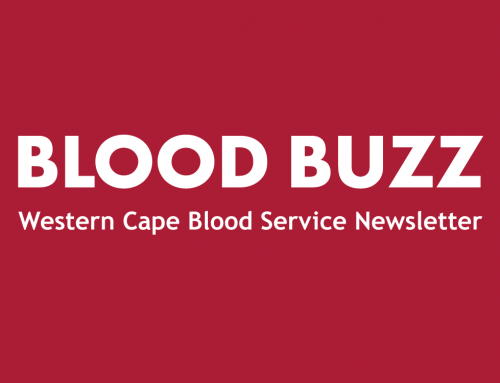By Nadia Turner
When you meet Bella Cunningham, you will see a confident, bubbly 20-year-old chemical engineering student who enjoys hanging out with her friends, running and living a normal active student life. But what you don’t know is that once a month, Bella has to spend an entire day at UCT Hospital receiving a solution made from human plasma called Polygam in order to be able to do all the things she loves.
Bella has Common Variable Immune Deficiency (CVID), a primary immune deficiency disease characterised by low levels of protective antibodies and an increased risk of infection.
As a child, Bella was often sick and would take a long time to recover from whatever virus or bacterial infection she had. After many years of struggling with different illnesses and chronic fatigue, Bella was finally diagnosed at the age of 18. She was given various diagnostic tests by Dr Stanley Ress, an Immunologist from UCT Hospital, including a vaccine-responsive test where a virus is injected into the patient to see what the body’s immune response. A typical response would be around 90%; Bella’s was 7%.
People with CVID need to be closely monitored as they have an increased risk of digestive disorders, autoimmune disorders and certain cancers. This means that Bella is constantly required to have numerous blood tests to ensure she is healthy. The Polygam that Bella receives will only protect her from viral infections and not bacterial infections; however, it will prevent a viral infection from becoming a secondary bacterial infection such as pneumonia.
Bella will have to receive Polygam infusions for the rest of her life, and although she enjoys student life with her friends, she does have to be careful, especially towards the end of her infusion cycle. During this time, she has to stay away from crowded places and wear a mask when in close contact with people until she receives her next infusion.
Without plasma donors, Bella and many other patients with various diseases such as bleeding, clotting, lung, autoimmune and genetic conditions would not be able to live normal lives and their life expectancy would be dramatically affected.
You can donate life-saving plasma, Monday- Friday, at any of our fixed site clinics, Blue Route Mall, N1 City, Cape Gate Shopping Centre, Kenilworth Centre and 9 Long Street Cape Town.





